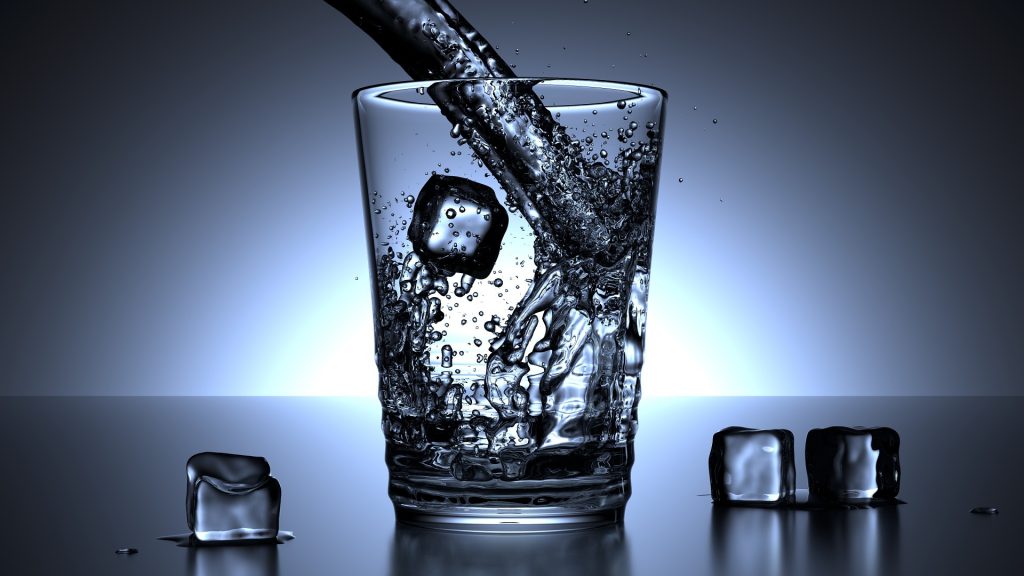 Most people are aware that animals and humans are mostly water. The tissues of animals and humans are bathed in a salty sugary liquid that is pivotal to the survival of the surrounding cells. Physical and mental performance declines quickly with dehydration and a fall in body mass of just 2 % through water causes significant reductions in energy levels and physical performance. Athletes are well aware of the debilitating effects of even mild dehydration on physical performance and many studies have shown that athletic performance declines rapidly as dehydration proceeds. Studies have investigated the effects of dehydration of mental capacity and found that small amounts of dehydration can have a significant impact on mental performance. In one such study, researchers exposed subjects to 30 ℃ temperatures for 4 hours in order to create conditions that might cause dehydration. Some of the subjects were given 300 mL water to drink in order to maintain hydration, whereas others were given nothing to drink.
Most people are aware that animals and humans are mostly water. The tissues of animals and humans are bathed in a salty sugary liquid that is pivotal to the survival of the surrounding cells. Physical and mental performance declines quickly with dehydration and a fall in body mass of just 2 % through water causes significant reductions in energy levels and physical performance. Athletes are well aware of the debilitating effects of even mild dehydration on physical performance and many studies have shown that athletic performance declines rapidly as dehydration proceeds. Studies have investigated the effects of dehydration of mental capacity and found that small amounts of dehydration can have a significant impact on mental performance. In one such study, researchers exposed subjects to 30 ℃ temperatures for 4 hours in order to create conditions that might cause dehydration. Some of the subjects were given 300 mL water to drink in order to maintain hydration, whereas others were given nothing to drink.

Maintaining hydration is important for both physical and mental health. Severe fatigue can occur when water loss equals around 2 % of normal body weight. However, cognitive decline and mood changes can begin to manifest at a water loss of less than 0.5 % of normal body weight. Consuming 300 mL of water over a three hour period may allow maintenance of mental capacity and may stabilise mood. Drinking water upon waking may also improve mental capacity and mood, as water loss occurs throughout the night.
The results of the study showed that the drinking of water prevented a decline in the memory and focussed attention of the subjects. In contrast, thirst was associated with a poorer memory. As body mass was lost due to dehydration, the memory and attention of the subjects declined. As dehydration proceeded, there was a decrease in subjects energy levels and an increase in anxiety and depression experienced. A cognitive test was also shown to be easier in those subjects that were allowed to consume water. Overall these results suggest that memory, energy and mood decline as dehydration proceeds. The body weight lost by the subjects in this experiment was 0.72 % in those that did not drink water compared to 0.56 % in those that did drink water, over a 3 hour period. So the changes were very small and suggest that even very modest amounts of water (300 mL) are protective of mental capacity. Situations where dehydration is allowed to proceed, such as in air conditioned or heated environments may therefore reduce mental capacity.
Eat Well, Stay Healthy, Protect Yourself
RdB
